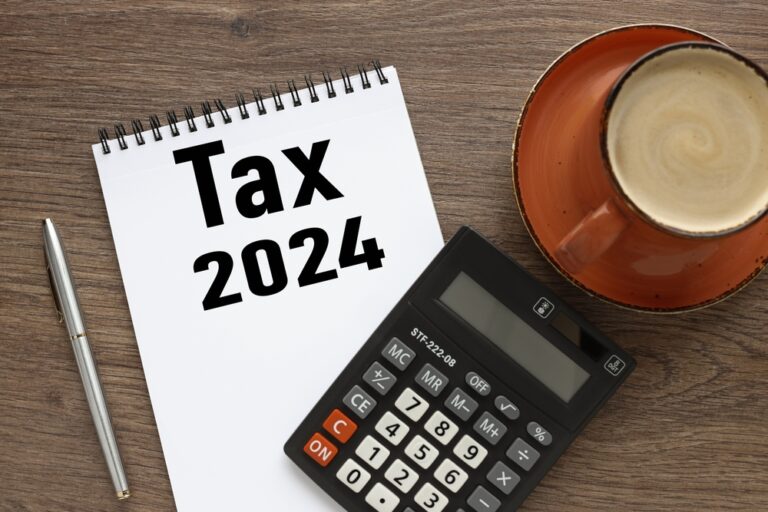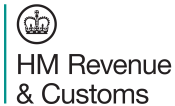Navigating the Fiscal Landscape: Unlocking the Latest Tax Changes Affecting Individuals and Businesses
 > Resources
>
EIS & SEIS
> Resources
>
EIS & SEIS
In a recent series of key tax announcements, the UK government has unveiled significant changes that are poised to impact personal taxes, business taxes, and tax administration across the board. These changes, backed by specific figures and timelines, are set to reshape the tax landscape in the coming years. Let’s delve into the details of these announcements and explore their potential implications.
Personal Taxes and Duties
National Insurance Cuts
One of the headline announcements is the National Insurance (NI) cut by 2p, reducing it from 10% to 8% for employees and from 8% to 6% for the self-employed. This move aims to put more money back into the pockets of workers across various sectors.
Non-doms Regime Overhaul
Effective from April 2025, the non-doms regime will be scrapped and replaced by a residency-based system. This change is expected to simplify tax calculations for individuals with international ties.
Child Benefit Threshold Adjustment
The child benefit threshold is set to increase from £50,000 to £60,000, with complete withdrawal now occurring at £80,000 instead of the previous £60,000 mark. Additionally, there are consultations underway to potentially base the child benefit charge on household income starting in 2026.
Capital Gains Tax (CGT) Reduction on Property
Capital gains tax on property transactions will see a reduction from 28% to 24%, offering relief to property investors and sellers.
Other Changes
- Scrapping of Furnished Holiday Lettings Relief
- Abolishing SDLT Multiple Dwellings Relief
- Freeze on Fuel and Alcohol Duties until 2025
- Increased Air Passenger Duty on business class flights
- Introduction of a new tax on vapes and increased tobacco duties starting October 2026
Business Taxes
VAT Threshold Adjustment
Effective April 1, the VAT registration threshold will be raised to £90,000, providing relief for small businesses.
Expanding Full Expensing and Oil/Gas Windfall Tax
There are consultations ongoing regarding extending full expensing to leased assets and extending the oil and gas company windfall tax until 2029, respectively.
Enhancements in Tax Reliefs and Administration
- Creative industries tax reliefs will become more generous.
- Establishment of an expert advisory panel to support R&D tax relief administration.
Tax Administration and Compliance
Strengthening Tax Advice Market Regulations
Consultations are underway to strengthen the regulatory framework in the tax advice market, including a potential requirement for tax advisers to register with HMRC for client interactions.
Economic Crime Levy Increase
An increase in the Economic Crime (anti-money laundering) Levy is on the horizon.
Other Measures
- Consultation on a “General Anti-Avoidance Rule” for business rates in England
- Increased investment of £140 million in HMRC to manage tax debts effectively
- Legislation to prevent individuals from bypassing Transfer of Assets Abroad anti-avoidance provisions using companies
Immediate Reactions and Feedback
CIOT (Chartered Institute of Taxation) and LITRG (Low Incomes Tax Reform Group) Perspectives
Non-doms Regime: CIOT sees merit in the residency-based tax system but criticises the lack of prior consultation.
Tax Simplification: CIOT welcomes tax simplification metrics but desires more HMRC investment for improved customer service.
High-Income Child Benefit Charge: LITRG acknowledges threshold adjustments but warns of complexity in household income-based charges.
Full Expensing Extension: CIOT supports the move pending fiscal conditions review.
VAT Threshold: While a modest increase, CIOT seeks further solutions for businesses nearing the VAT threshold.
R&D Advisory Panel: CIOT expects broader roles for the panel beyond R&D tax reliefs.
Furnished Holiday Lettings and SDLT Relief Changes: CIOT sees opportunities but notes potential complexities and uncertainties.
CIOT’s Scottish Response
The decision to cut National Insurance instead of income tax aims to avoid further tax rate discrepancies between Scotland and the rest of the UK, yet challenges persist in addressing tax rate differences effectively.
Navigating the Changes
Given the complexity of tax law changes, seeking professional guidance from tax advisors or accountants in the UK is highly recommended. Oasis can provide personalised insights and strategies tailored to individuals’ and businesses’ unique circumstances. Additionally, staying abreast of updates from reputable sources, such as HM Revenue & Customs (HMRC) or professional tax organisations, is essential to ensure compliance and maximise tax-saving opportunities.
As we navigate the fiscal landscape of 2024 in the United Kingdom, staying informed about tax law changes is crucial for individuals and businesses alike. By understanding the revisions in income tax rates, deductions, credits, and incentives, taxpayers can proactively manage their financial affairs and optimise their tax positions. Embracing these changes with diligence and strategic planning will empower taxpayers to navigate the evolving tax landscape in the UK with confidence and efficiency.





